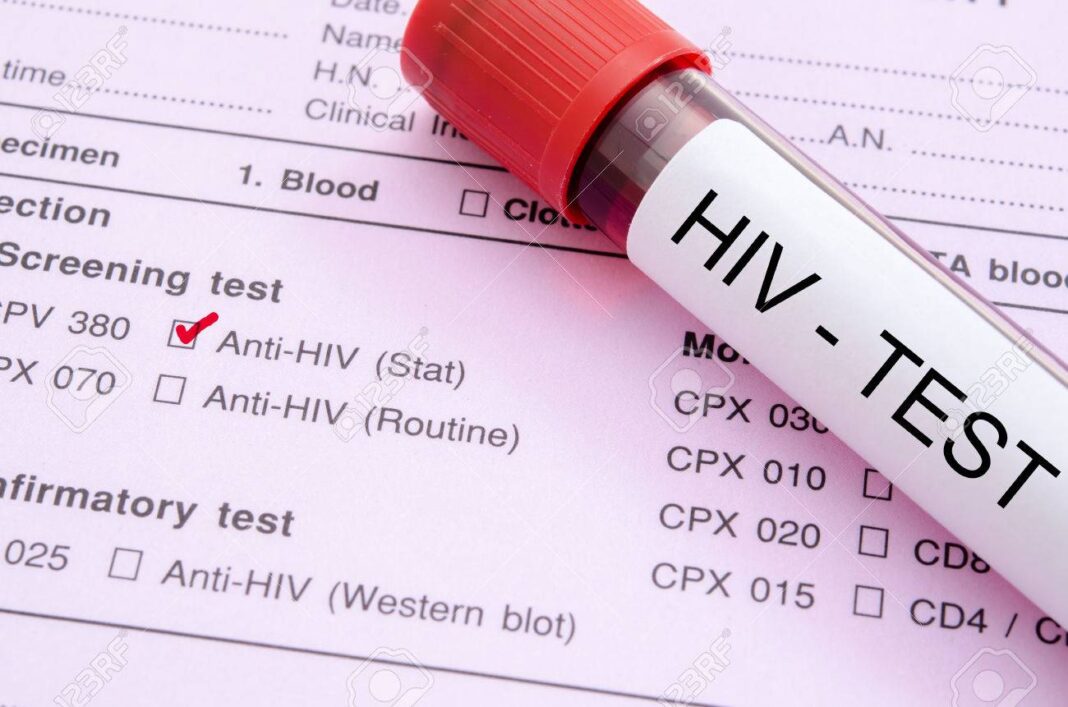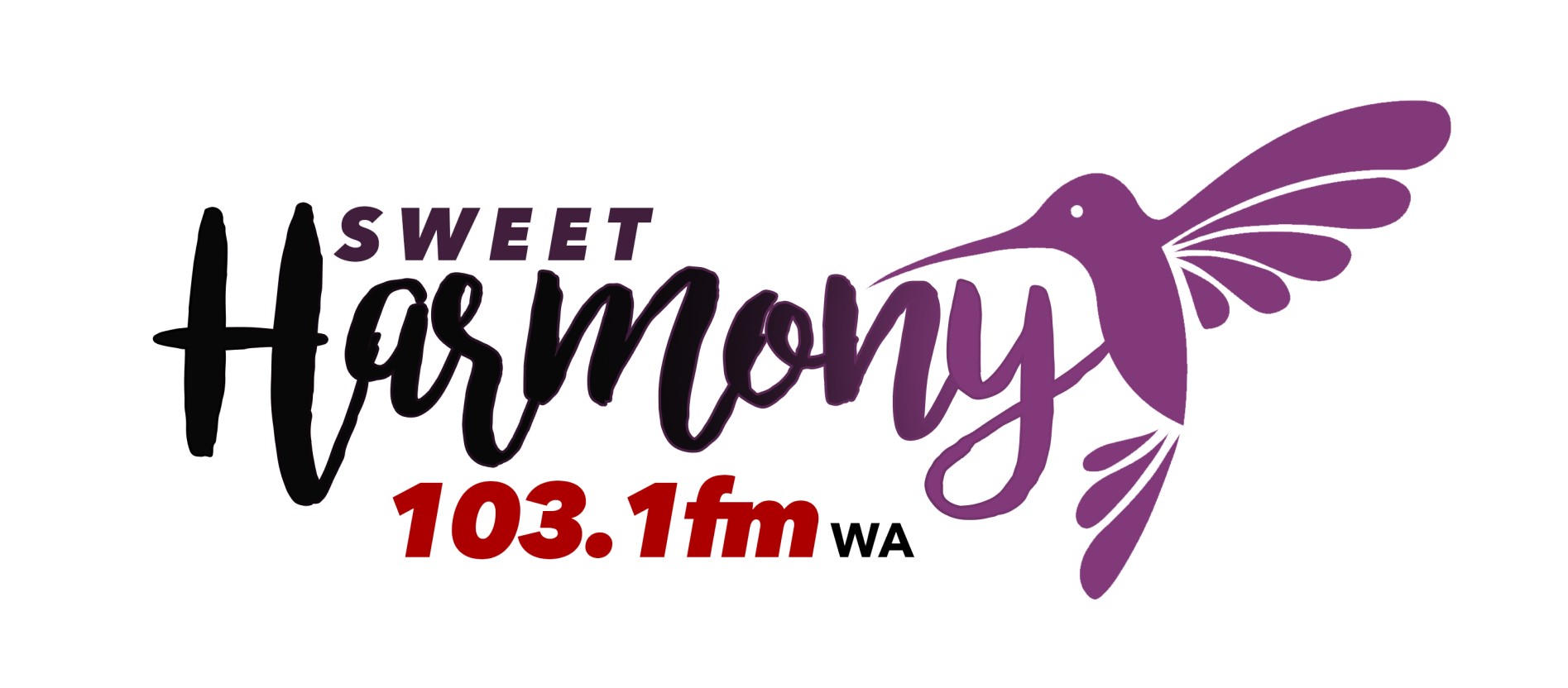Dr Kyereme Atuahene, Director General of the Ghana AIDS Commission (GAC), has called for an urgent need to close the huge funding gaps in the treatment of HIV and AIDS in the country.
He said for the last two decades, donor funding for HIV and AIDS response in Ghana had reduced from 75 to 33 per cent, creating huge funding gaps, adding that the gaps must be filled domestically so that the progress made would not be reversed.
The Director General was speaking at the media launch of the 2023 World Aids Day to be commemorated on December 1, 2023, on the theme: “Let Communities Lead”.
Twenty years ago, Ghana introduced the treatment of HIV and AIDS with Antiretroviral drugs, which suppresses the viral load of affected persons.
The Anti-Retroviral Therapy (ART) had for the past 20 years saved the lives of thousands of Ghanaians, who otherwise would have suffered untimely deaths, increasing the number of persons on ART from 9,790 in 2020 to 13,539 in 2022.
Dr. Atuahene said despite the progress made, Ghana stood at a risk of losing the benefits of scientific advancement in ART if funding for drugs continued to remain hundred per cent donor dependent.
He said: “In response to this critical need, the government set up the national HIV and AIDS fund to provide adequate funding for the HIV response.
“It is for this reason that the Commission has embarked on a resource mobilisation campaign for individuals and corporate Ghana to donate to the fund,” he said.
Dr Leticia Adelaid Appiah, Executive Director, National Development Planning Commission (NDPC), said irrespective of the tremendous progress made in responding to the epidemic, HIV and AIDS remained a global health concern, which continued to impact the lives of millions of individuals world wide.
She said, HIV response was a whole societal approach and each one had a role to play.
Dr Appiah said: “Let us remember that whiles we have control over our choices, we do not have control over the consequences of those choices, it is, therefore, essential that we empower communities with adequate information knowledge, expertise, a sense of duty, responsibility and resources to make the decisions that will be beneficial to them and society as a whole.”
Dr Kweku Afriyie, Executive Oversight Minister, Ghana AIDS Commission, and Minister for Environment, Science, Technology and Innovation, said Ghana was lagging behind in the achievement of the United Nations (UN) 95-95-95 treatment target by the year 2025 and on the path to ending AIDS by 2030.
He said the government recognised stigmatisation and discrimination experienced by people living with HIV as an impediment in the collective efforts to render HIV and AIDS a normal ailment and working to address it.
He added that “ending HIV/ AIDS is possible and it is within our grasp if we allow communities to lead with the right resources and support and commended all stakeholders, local and international, for their diverse roles in HIV and AIDS national response.
Mrs Linda Asante-Agyei, Vice President , Ghana Journalists Association (GJA), said for communities to lead in action, it was necessary to empower the media with accurate information to help the communities achieve the targets.
She said: “If communities will have to lead the agenda, then it means they have to be empowered and would need the role of the media to do this.
“Our doors are widely open, we will continue to support the GAC and stakeholders to succeed in this fight, we have done it before and we will continue doing it, all we need is for you to open your doors to us whenever we come to you looking for information.”
GNA
There’s urgent need to close funding gaps in HIV and AIDS treatment



